“Cycling has always been my outlet, but I need bikes now more than ever”: The essential workers coping with stress through cycling
Riding provides them with a means of decompressing and clearing their heads
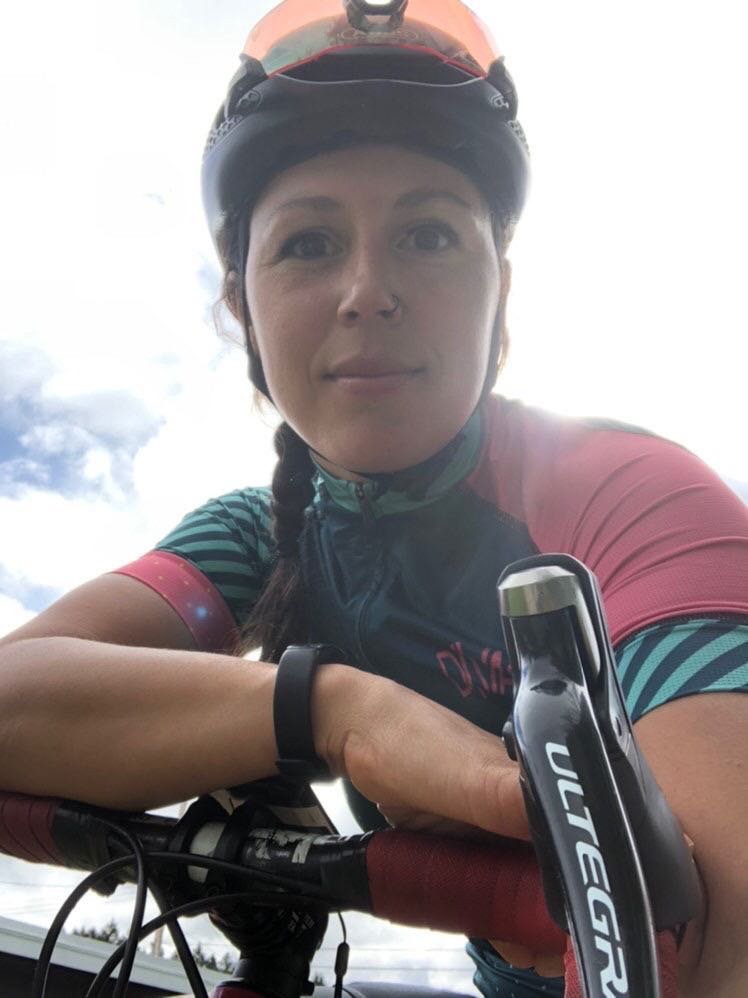
Tascha Gray works with youth and adolescents in a psychiatric unit. On a daily basis she stresses the importance of self-care and coping skills with her patients, skills she’s found are particularly important during the current pandemic. As an essential worker, she is also focusing on her own mental health. For Gray, self-care can be found on a bike. “Cycling is my freedom and stress relief from both work and living alone during these times,” she says. “It’s the only thing that keep me refreshed and recharged and ready to work, day after day.”
After months of stressful work during a global pandemic, many essential workers are feeling drained and exhausted. Constant awareness of the possibility of infection takes a heavy mental toll. In order to cope with the pressure, some essential workers have found solace in riding. Indoor rides, trails and roads have all become places to clear their heads of the stress—a way to focus solely on the present moment and the enjoyment of the ride. For these essential workers, the cycling is a welcome escape.
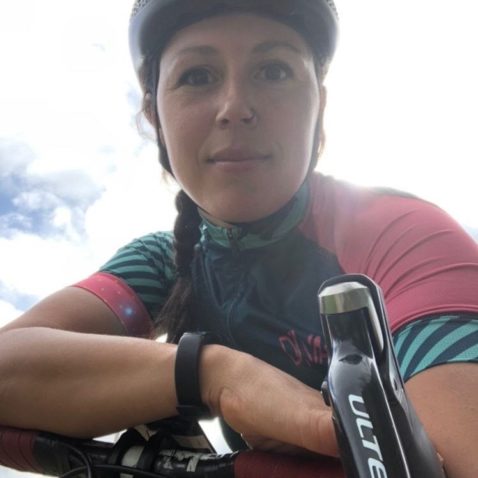
Amanda McRae is Paramedic in Port Alberni, BC. “Working as a paramedic through this pandemic has been stressful to say the least,” she says. While cycling has always been her outlet, McRae says that now, more than ever, she needs her bike. “I feel lucky to be living in a area that allows exercise outdoors. Having the ability to ride my bike whether it’s indoors or outdoors has been my saving grace,” she says. “Having to wear face shield, masks, and gloves for every call out during a 12 hour shifts is exhausting, but, work stresses seems to melt away when I’m riding.”

Nathan Nettleton is an essential worker in facilities management. He’s trying his best to adapt to the new normal, but facing daily stress at work as he navigates constant unfolding procedure changes and the financial impacts of the lockdown at his workplace.
In order break up the new mundane of the pandemic protocol, he built himself a gravel bike. Using a Supercycle from the early ’90s that he acquired for free, he added drop bars and the fattest tires it could fit. Nettleton describes it as, “a scruffy 6-speed friction shifting bike complete with plastic pedals (I literally tried to torch them off but couldn’t).”
The newly repurposed bike has allowed him to start exploring local gravel and dirt trails that he’d never bothered to explore on his road bike. “This spirit of exploration on two (low quality) wheels has given me more to look forward to in the face of the constant daily reminders of the pandemic,” says Nettleton. “I miss friends and group rides but have found encouragement through connection and conversation on strava. Its been fun to try to retrace other rides and seeing how others connect trails together for a more seamless overall ride.”
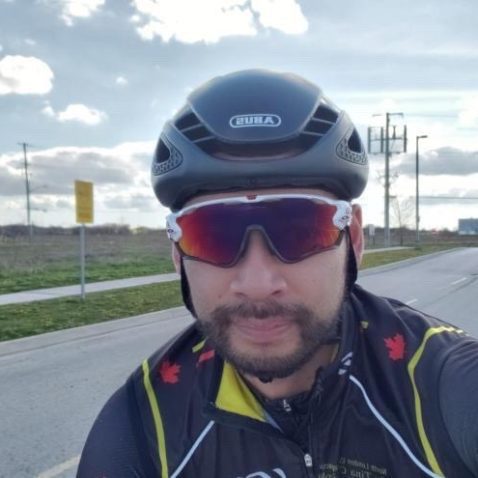
Kevin, a first responder in the York Region North of Toronto, says that the pandemic has made him even more cautious—at work and in public. “No day is ever the same and the people and situations we deal with are always fluid,” he says.
He finds cycling, especially now, can help with the unpredictable nature of the job.”The constant I find in balancing all that is heading out on my bike after a day shift or right before an afternoon shift. It clears my head (unless I have a song stuck in my head) and it allows me to find that inner calmness at a time like this.”
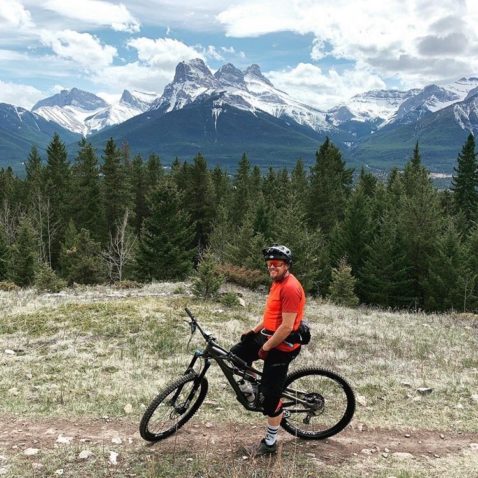
Doug Baron was a national team track sprint specialist from 1992-2001. Currently, he works at the Alberta Children’s Hospital as a physical therapist working mostly with children who have sustained burn injuries. “Even with the current pandemic,” he says, “these kinds of injuries are still occurring and still need care.”
Although some children manage fine, others will have life long burn scars and functional impairments that affect their physical and mental health. His hospital based job takes a toll on his mental health in regular times, so the added stress of the pandemic really means Baron needs an activity to unwind with. “Cycling, in whatever form it takes (riding my cruiser bike, road bike, fat bike or mountain bike) is a great way to decompress after a difficult day,” says Baron.
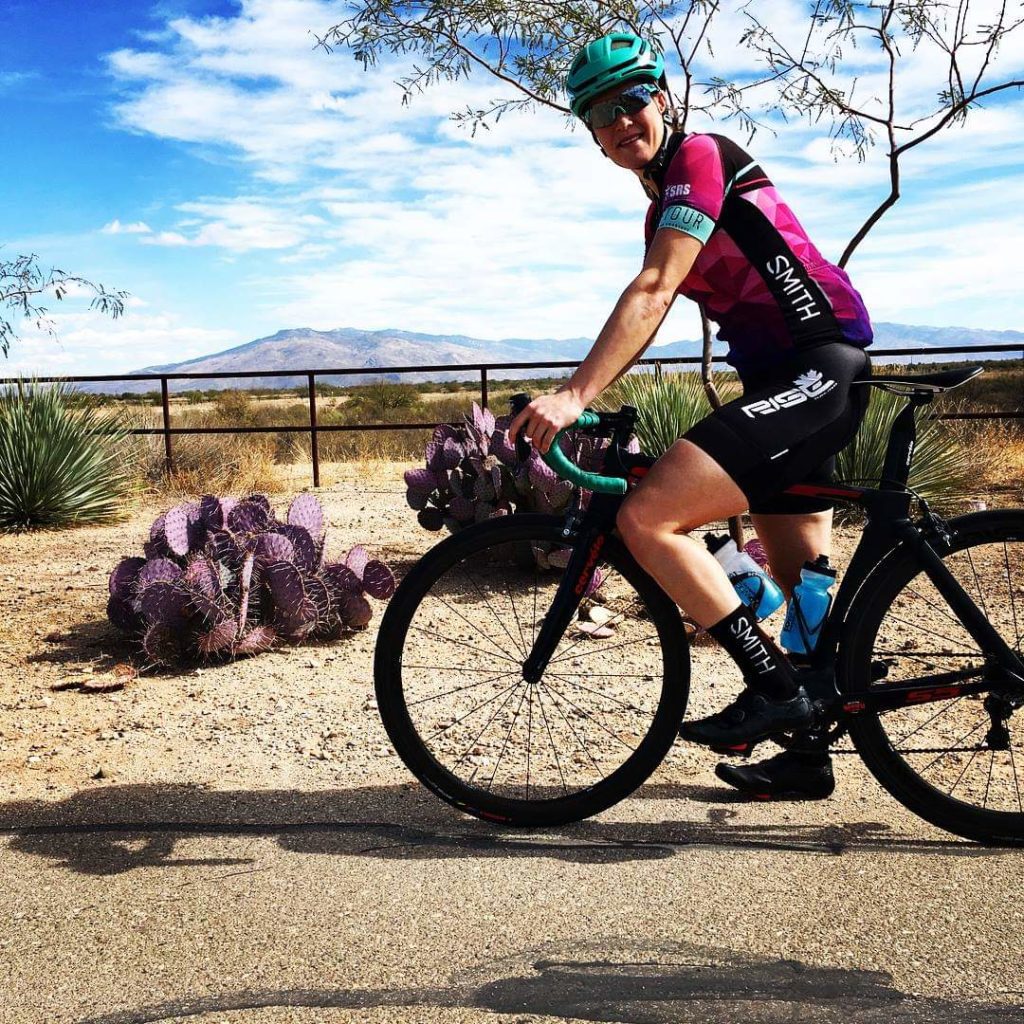
Joyce Spruyt works as a police officer in London, On., largely in the downtown area. Her duties include responding to all types of calls and often involves the city’s most vulnerable population. “Working during the COVID-19 pandemic in this capacity has been at times stressful and chaotic,” says Spruyt, “but also fulfilling in a unique way. Everyday I look forward to my next ride which has provided a great deal of normalcy, as well as a feelings of hope, positivism and peace.”
